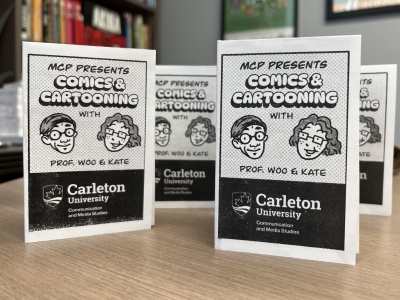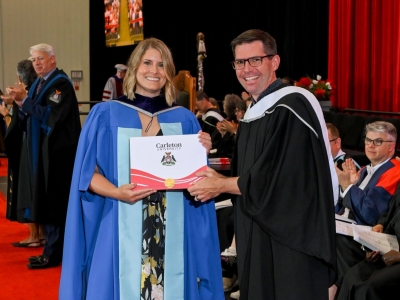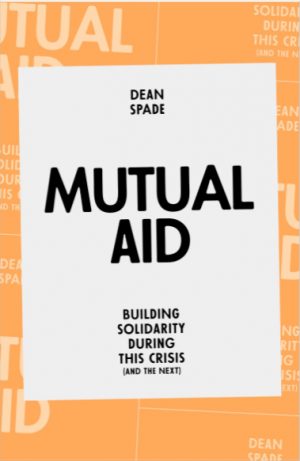
In his 2019 book, Mutual Aid: Building Solidarity During this Crisis (and the Next), Seattle University law professor Dean Spade explores how ordinary citizens develop strategies to support and care for each other in the face of extraordinary crises.
This “survival work,” as Spade calls it, draws on the strength of social ties as governments, corporations and other large institutions have increasingly shown that they’re either incapable of delivering the change that communities need, or, worse, they’re implicated in engineering and reproducing the very hazards and threats that confront us.
Set against the backdrop of the crises of racist policing, mass incarceration, surging white nationalism and the consequences of the climate crisis, Mutual Aid documents how ordinary people mobilize and share resources, push for social transformation and change, and support others at risk, while sometimes putting themselves into harm’s way. The book centres on a basic but elegant argument, that acts of sharing and social unity without institutional support or infrastructure are core to effective movements for justice and liberation. Spade shows how over much of our history, this survival work has been undertaken, often unpaid, by racialized women, people with disabilities and other equity-deserving groups.
Spade visited Carleton on Thursday, September 15th to deliver the 13th Attallah Lecture, a flagship public event hosted annually by the Communication and Media Studies program in the School of Journalism and Communication. In his lecture, “Should social movement work be paid?” Spade builds on his arguments in Mutual Aid to make a case for refusing the allure of institutional support, of resisting the urge to professionalize social activism, of eschewing the establishment of organizational hierarchies for more horizontal and decentralized modes of action and engagement.

Photo by Spencer Colby/SJC Carleton
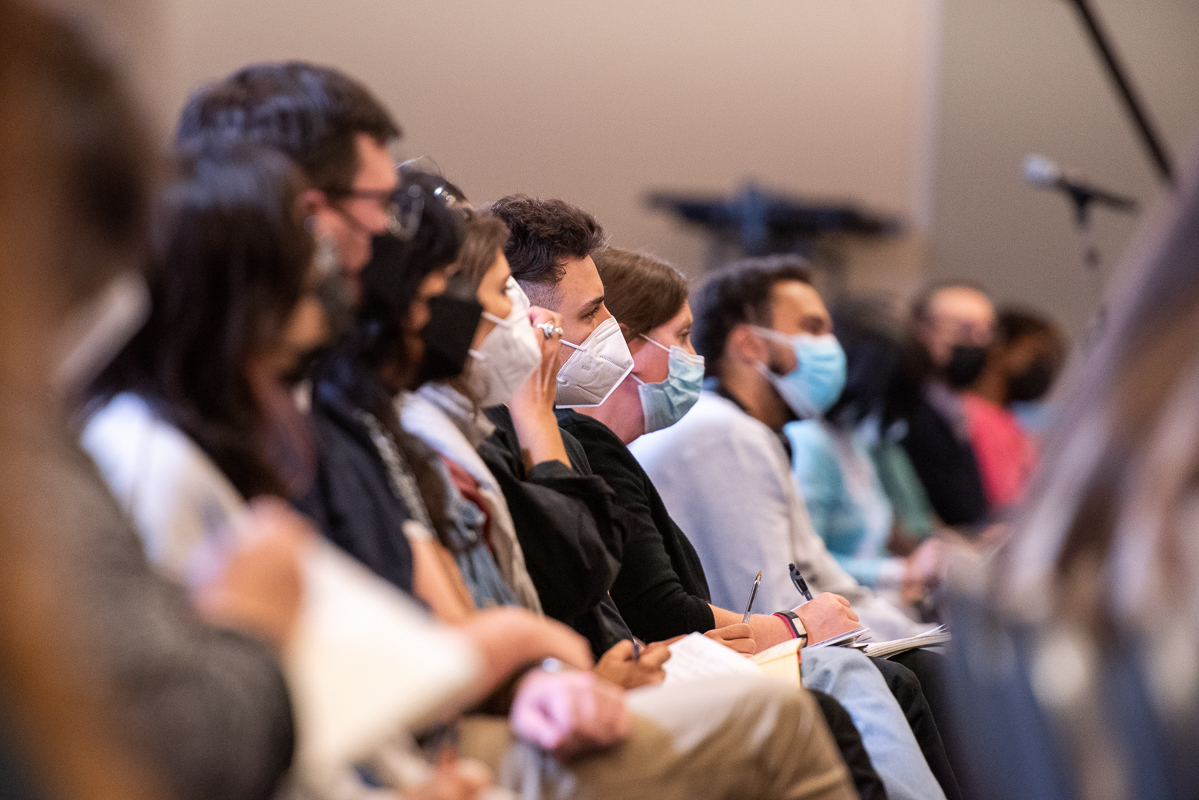
Photo by Spencer Colby/SJC Carleton
“Institutions respond to resistance movements in ways aimed at preserving the status quo as much as possible while appearing to have addressed the conditions movements are pointing out,” Spade argues. “This can look like creating written policies that say they’re aligned with stigmatized groups, hiring a few people from targeted groups into visible positions, establishing committees charged with addressing the issues and putting a few of the people complaining on those committees, and many other methods. Whether consciously or not, most of these tactics aim to re-stabilize the status quo in the face of resistance. People seeking change are wise to anticipate these tactics and tread with care, especially when faced with decisions about whether to take paid roles that often become sites of gate-keeping or quelling collective action.”
In her introduction to the lecture, assistant professor Susana Vargas-Cervantes describes Spade’s work as vital to both scholarship on social movements, and to on-the-ground organizing efforts for social justice.
“Dean’s work is about more than questioning and denouncing,” Vargas-Cervantes argued. “It’s about creativity and joy, about pushing us to imagine a better world and creating new structures that oppose racism, ableism and sexism.”
“In the face of so much injustice in the world, I often ask myself, where does Dean get the energy to be involved in so much protest, to write as extensively as he does and as elegantly as he does, to find the resilience, endurance, stamina, and motivation to continue pushing himself and us, his readers and his friends, to imagine a better world? The answer for Dean is in recognizing how we already live in a world we deserve.”
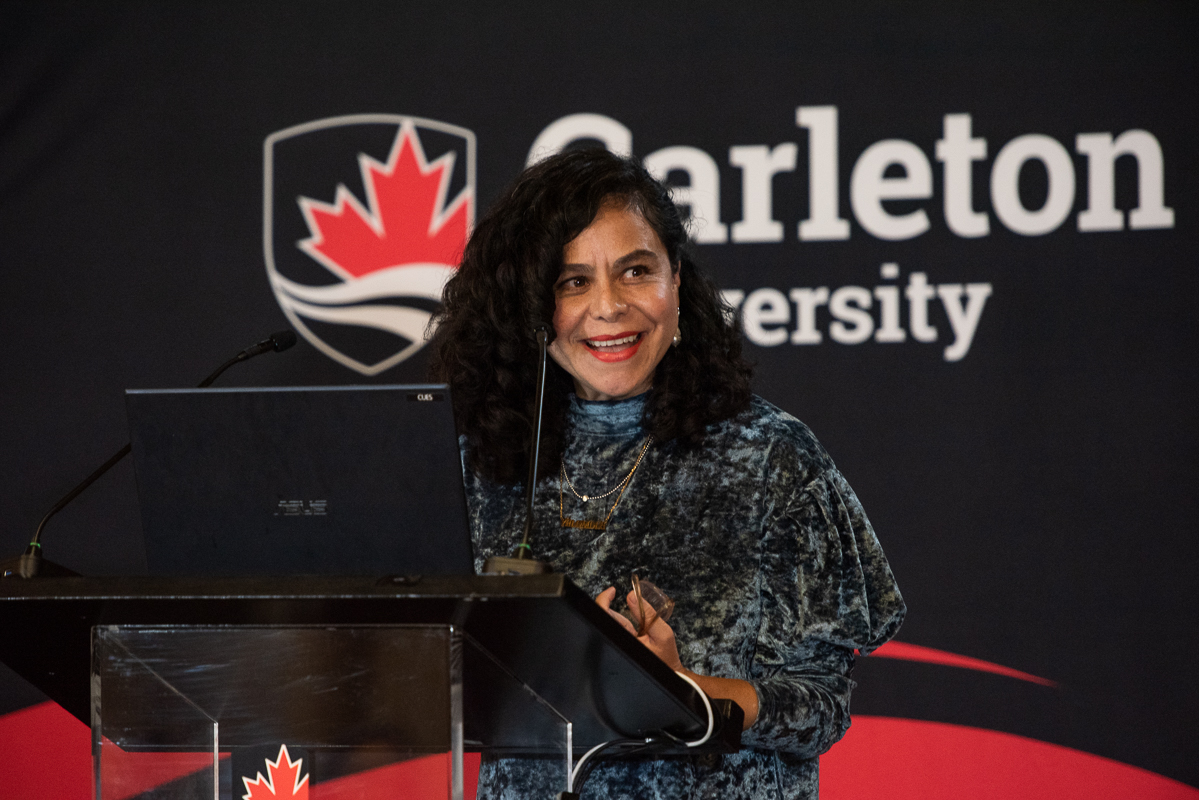
Photo by Spencer Colby/SJC Carleton
Spade’s lecture was very well received by the large number of attendees from the Carleton and Ottawa communities. In his welcoming remarks, Josh Greenberg, Director of the School of Journalism and Communication, noted that this was the first public lecture that the Communication and Media Studies program had hosted in person in 3 years.
“We had no idea how many people would show up. The pandemic has prevented us from holding important events like this in person, but we were so pleased by the turnout and the depth and quality of engagement, even in the face of the ongoing risks posed by COVID-19.”
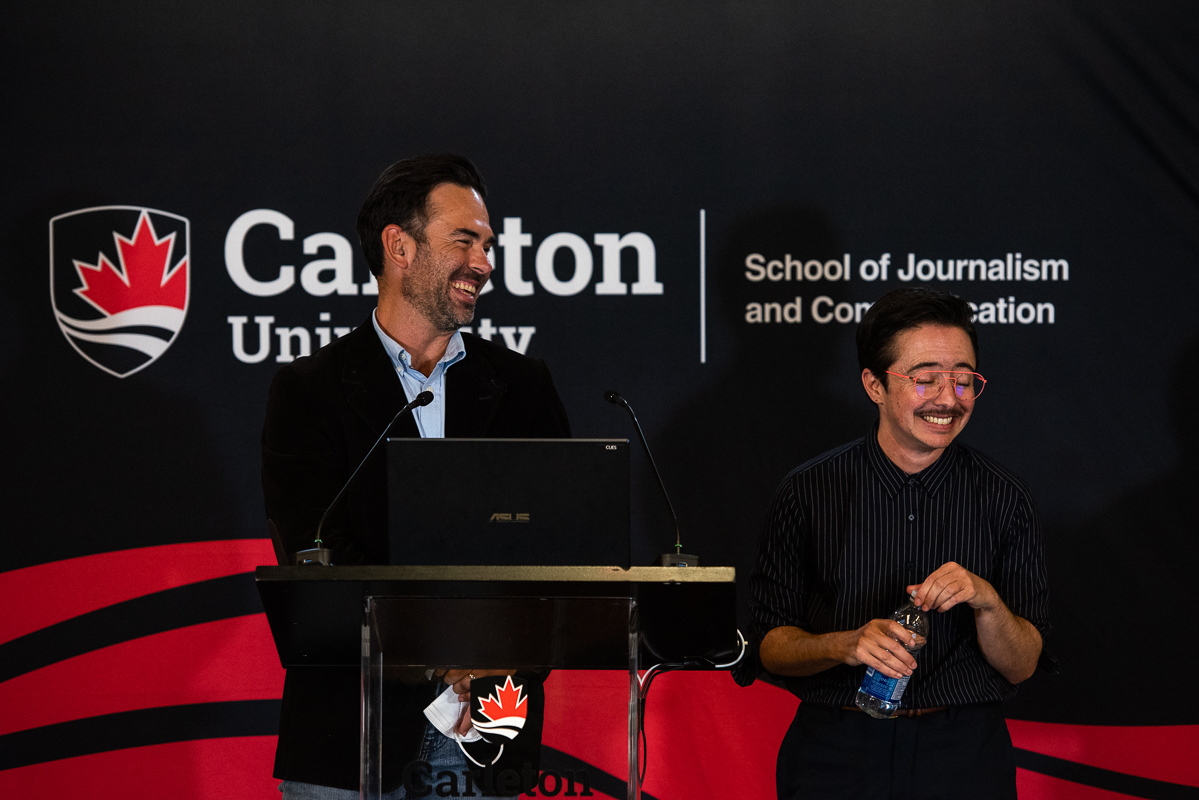
Photo by Spencer Colby/SJC Carleton
Professor Spade joins an illustrious group of scholars who have delivered the Attallah Lecture previously, including, most recently, Wendy Hui Kyong Chun from Simon Fraser University (2021), Lilie Chouliaraki from the London School of Economics (2019), Will Straw from McGill University (2018) and Sarah Sharma from University of Toronto (2017). Professor Spade’s talk, as well as past lectures can be viewed on the School’s website.
Thursday, September 22, 2022 in Communication News, News
Share: Twitter, Facebook


